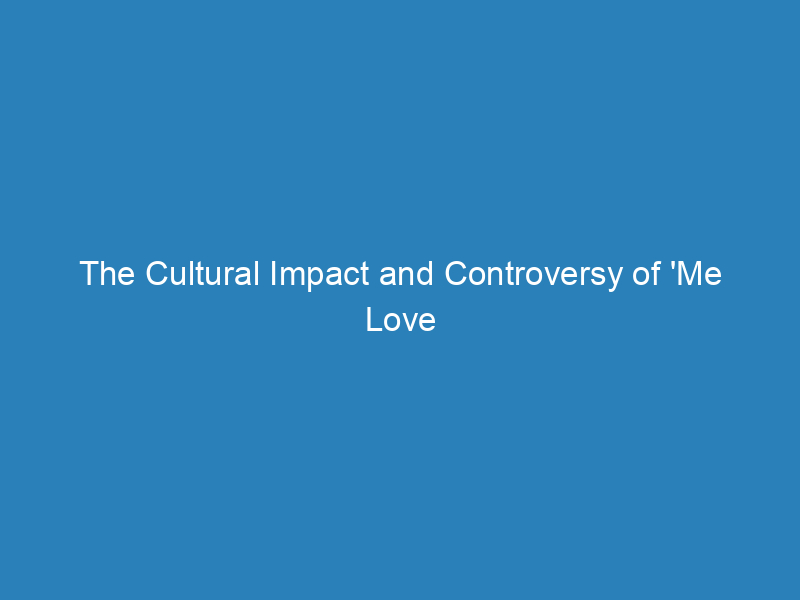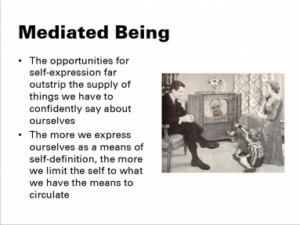
The Cultural Impact and Controversy of ‘Me Love You Long Time’: A Reflection on Racism and Objectification in Media
In recent years, Vietnam War films have surged in popularity, yet the portrayal of Vietnamese individuals, particularly women, remains largely superficial. Classic films like *Apocalypse Now*, which recently celebrated its 40th anniversary with a theatrical re-release, and Spike Lee’s *Da 5 Bloods* continue to dominate the genre. However, these narratives often center on soldiers, neglecting the complexity of Vietnamese experiences and identities.
The phrase “Me love you long time” is frequently associated with the 1989 *2 Live Crew* song featuring the infamous line “Me so horny. Me love you long time.” However, this phrase made its first appearance in Stanley Kubrick’s 1987 film *Full Metal Jacket*, where actress Papillon Soo Soo portrays a Vietnamese sex worker. Over time, it has been co-opted across pop culture, often serving to objectify Asian and Asian-American women.
Writer Etta Devine aptly notes that “Me love you long time” was “viral before there was viral,” illustrating its insidious spread into everyday language. In Hulu’s acclaimed series *PEN15*, the phrase is used by a white character to bully the show’s half-Japanese protagonist, Maya, who recalls similar taunts from her school years in Los Angeles.
To understand the implications of this phrase, I spoke with Pulitzer Prize-winning author Robert Olen Butler, who served as a translator during the Vietnam War. Butler highlights the disturbing connection between “long time” and the concept of “short-timers,” which he describes as women who offered their bodies to soldiers. He notes that the phrase suggests a transactional relationship defined by the soldier’s tour of duty and reinforces a dehumanizing stereotype.
The phrase has transcended its original context, often used to demean any woman of Asian descent—a form of casual racism. A notable incident in 2019 involved Connie Cheung, a 27-year-old Chinese-American job applicant, who was mocked in an email by a male interviewer who simply referred to her as “me love you long time.” This incident exemplifies the reductive view of Asian women as mere caricatures rather than individuals with unique identities.
Since the 1980s, “Me love you long time” has permeated mainstream entertainment, appearing in shows like *South Park* and *Family Guy*, as well as films such as *40-Year-Old Virgin* and *Tommy Boy*. Non-Asian female artists have even incorporated the phrase into their music, with Fergie and Mariah Carey among those who have done so. Some argue that this appropriation is akin to reclaiming derogatory terms, but many believe that the responsibility lies with Asian women to redefine its use.
Historically, Asian women have often been depicted in entertainment as either submissive figures or hypersexualized objects, as seen in productions like *Madame Butterfly* and *Miss Saigon*. This pattern persists today, with recent films continuing to portray Asian women in limiting roles. The Australian film *Danger Close* exemplifies this ongoing trend, featuring predominantly white actors while assigning Vietnamese women minor, dehumanizing roles.
For many Asian-American women, hearing “me love you long time” can be a traumatic experience. Naomi Ko, a Korean-American actress, recalls being subjected to this phrase during her teenage years, highlighting the pervasive nature of such microaggressions. Similarly, Kate Marley, an American actress adopted from South Korea, shares her discomfort when she first encountered the phrase on the playground.
Viet Thanh Nguyen, a celebrated author and public intellectual, has criticized the phrase and its usage, recognizing it as a racist and sexist attack on Asian women. He emphasizes that its popularity, partly fueled by its sampling in *2 Live Crew* tracks, reflects a broader issue of orientalism in American culture.
Despite its troubling history, many believe that it is possible to challenge the phrase’s impact. TV writer Lauren Bradley points out that reducing Vietnamese women to stereotypes is harmful, but increased backlash against its use may help shift cultural perceptions. Others, like screenwriter James Bryson Hyatt, advocate for actively shaming those who use the phrase to deter its continued prevalence.
Bing Chen, a founder of Gold House Collective, encourages the Asian-American community to reclaim their narratives and challenge the stereotypes that phrases like “me love you long time” perpetuate. He notes that the power to redefine these terms lies not only with the marginalized but also with those who perpetuate them.
The phrase “Me love you long time” echoes a painful legacy in American pop culture, but with collective effort, there is hope for change in how Asian women are perceived and represented.

